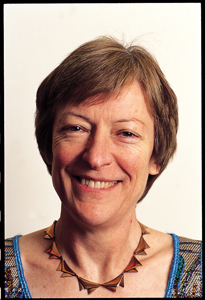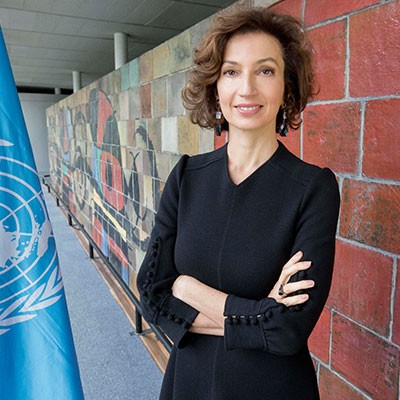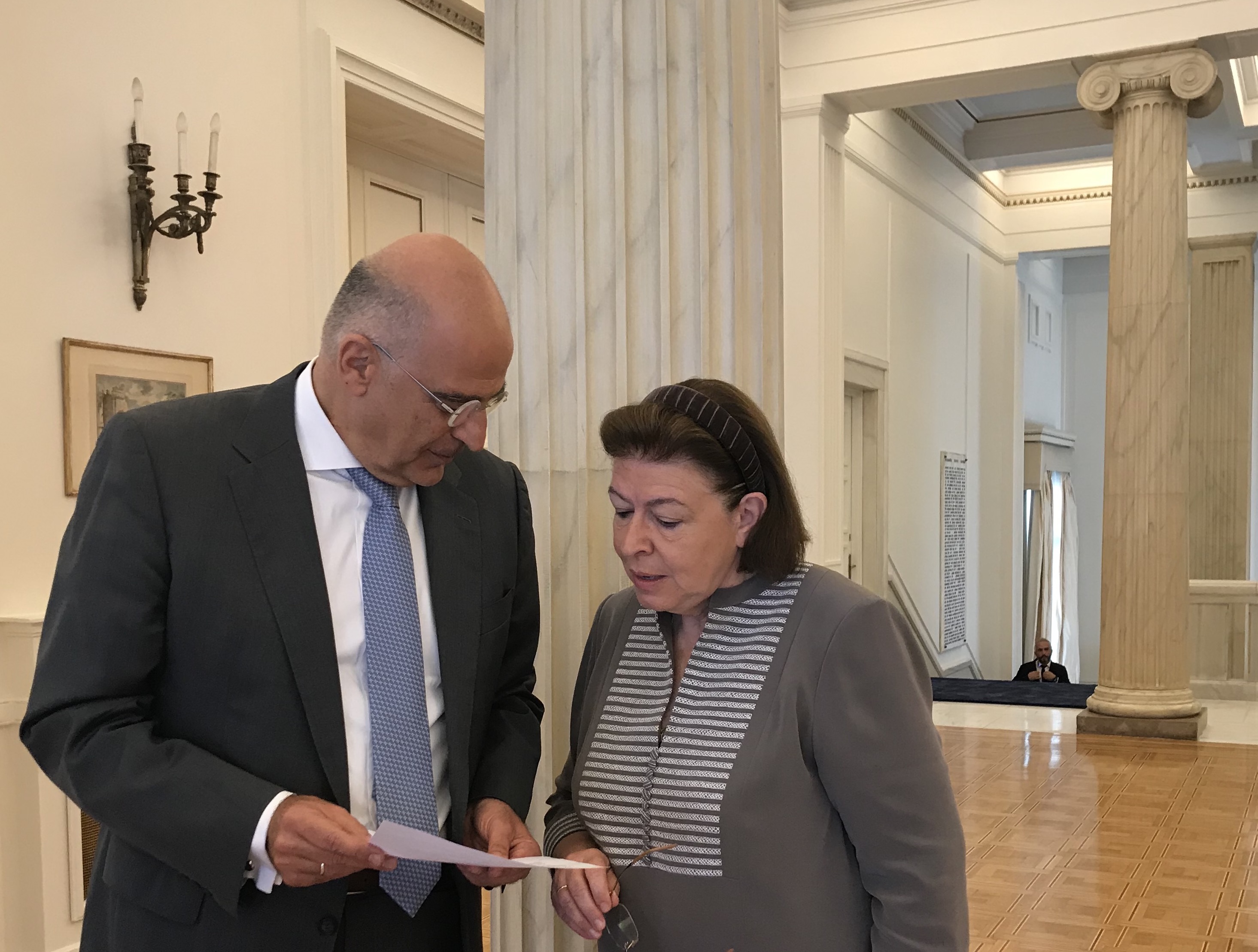Converting Hagia Sophia into a mosque is an act of cultural cleansing, writes BCRPM's Professor Judith Herrin.
On Friday, 10 July 2020, Turkish President Recep Tayyip Erdogan struck at the very heart of world culture and Istanbul’s essential character when he instigated Turkey’s highest administrative court to issue the order for Hagia Sophia, a UNESCO world heritage site in Istanbul and a global symbol of world history and multicultural representation, to be convert from a museum back to a mosque.
To read the rest of the article, which was published in the Washington Post on 15 July 2020, kindly follow the link here.

Judith Herrin is emeritus professor at King’s College London and the author of “Ravenna, Capital of Empire, Crucible of Europe,” to be published in August 2020. Judith is also member of the BCRPM and has been a member for over 3 decades.
UNESCO statement on Hagia Sophia, 10 July 2020
Hagia Sophia: UNESCO deeply regrets the decision of the Turkish authorities, made without prior discussion, and calls for the universal value of World Heritage to be preserved.
Paris, Friday 10 July 2020 – The Director-General of UNESCO deeply regrets the decision of the Turkish authorities, made without prior discussion, to change the status of Hagia Sophia. This evening, she shared her serious concerns with the Ambassador of Turkey to UNESCO.
Hagia Sophia is part of the Historic Areas of Istanbul, a property inscribed on UNESCO’s World Heritage List. “Hagia Sophia is an architectural masterpiece and a unique testimony to interactions between Europe and Asia over the centuries. Its status as a museum reflects the universal nature of its heritage, and makes it a powerful symbol for dialogue,” said Director-General Audrey Azoulay.

To read the whole UNESCO statement, you can follow the link here.
22 July 2020 Athens, Greece

Statements made by the Greek Minister of Foreign Affairs, Mr Nikos Dendias with the Minister of Culture and Sport, Lina Mendoni regarding Hagia Sophia
Minister Nikos Dendias: Today, together with the Minister of Culture, Mrs Lina Mendoni, we held a meeting to discuss Agia Sophia, in conjunction with our UNESCO representatives. We have repeatedly stressed that the conversion of Agia Sophia into a mosque is not just a Greek-Turkish difference.
However, of course, for us Greeks, this monument is of particular importance and value.
That is why we have decided to highlight the issue through international initiatives that we will take, as European citizens and as citizens of the global community, by talking to all the international organisations represented also in UNESCO.
Our goal is to protect this monument that has all human value. After it is a UNESCO world heritage site.
The universality of the monument of Agia Sophia was highlighted by the reactions of the global community.
We therefore want to create an umbrella of concrete actions, which will ensure the effective protection of this century-old monument.
We have concluded with the Minister to set up a small working group, which, within ten days, will propose, as a result of the meeting and the exchange of views heard here today, a concrete charter of actions, which, after we have adopted together, we will implement in the near future.
I would like to thank you, Minister, for your presence and the great contribution of the Ministry of Culture, not only in today's meeting, but also in what will follow.
Minister Lina Mendoni: Thank you very much, Minister for today's meeting and your invitation to meet, here, bringing the staff of the two Ministries together in order to see how we proceed to set up a the working group for the very serious issue of Agia Sophia.
As Minister for Foreign Affairs, Mr Nikos Dendias mentioned this is not an issue that concerns two countries, but the whole world.
Agia Sophia is one of the most important human creations, it is one of the most important monuments, which embraces many universal values.
It is these universal values that are at risk of being lost by the conversion of the monument into a religious mosque.
I believe that the level of discussion we have had enables the Greek Government as a whole to deal with this issue internationally.
The State Department has the initiative and the Ministry of Culture fully support this national effort.